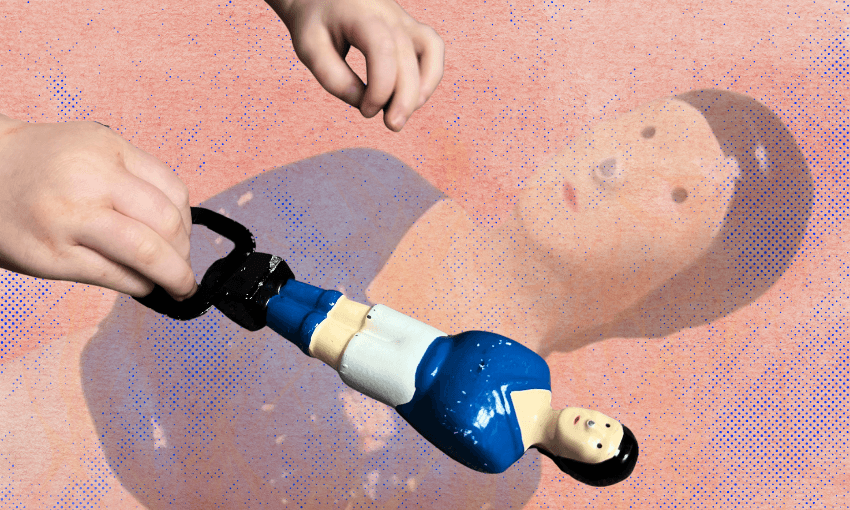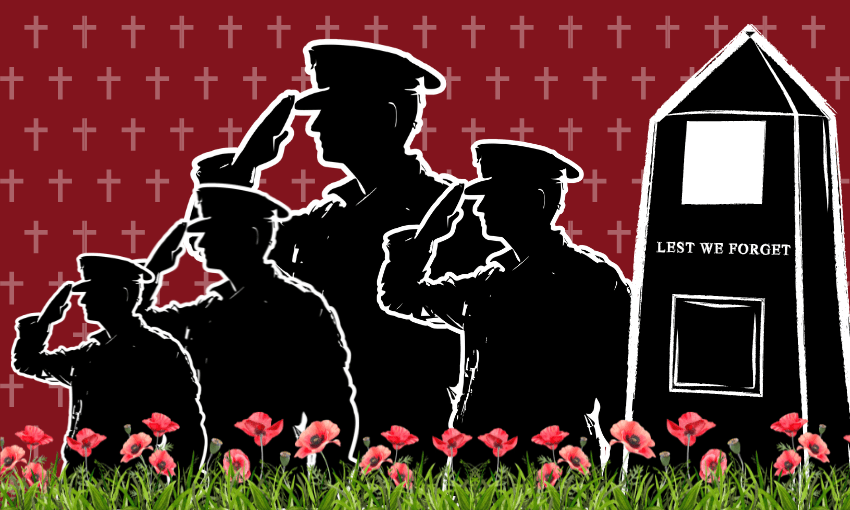The highs, lows and silver linings of single-parenting a toddler.
He lay there prone, unmoving, his dark eyes glassy and fixed on the ceiling above.
My daughter looked at him, then at me. “Is that… Daddy?”
I sighed. “No, darling, that’s not Daddy.” I grabbed the man to whom her question was directed and returned him to the kitchen where he belonged.
No, he wasn’t Daddy. This bloke did, however, fit the paternal stereotype of being handy around the home – I’d just used him to open my beer, in fact. Yes, my toddler had asked if a bottle opener – a quirky bottle opener made from a table football player – was her father.
You couldn’t blame her for inquiring. She doesn’t have one, you see – just me, her mum. To the Bob McCoskries of the world, the scene I’ve just set is probably one of dysfunction. A single mother, her fatherless child so deprived of male influence that the poor thing clutches desperately at the only father figure she can find… a bottle opener. A tragic sign of societal decay.
But to me, and to everyone with whom I’ve shared this anecdote, it was pretty funny.
It’s not that I don’t take my child’s non-traditional upbringing seriously. I don’t want her to be confused, or feel like she’s missing out. But what she was really asking was if the bottle opener guy was a daddy, not her daddy. As her language skills have developed, these queries have become more frequent, eventually morphing from questions into statements of fact. “That’s the daddy,” she’ll inform me, pointing to a male figure in the background of a busy scene in a book. “Well, it could be,” I’ll counter. “Or an uncle, or a friend… or just a man.” For the most part, she remains unconvinced. “That’s Mummy,” she recently declared, gesturing to Toby Morris’s drawing of Alex Casey on our threadbare Spinoff tea towel hanging off the oven door. “And that’s Daddy,” she added, pointing her grubby finger at Clarke Gayford brandishing a fishing rod. I could only agree.
It wasn’t until I became a single mum that I realised how pervasive the traditional nuclear family model is. In pretty much every form of media she consumes, from Peepo to Peppa Pig, Bluey to Baby-bloody-Shark, there’s a mummy and a daddy and a kid or two. So she’s begun to see them everywhere, these nuclear families. It’s progressed to giving familial labels to inanimate objects based on size: a big stone found in the garden is Daddy, a medium one Mummy and a little one baby, a process that has escalated through all manner of items to such an extent that she’s now labelling her own farts (“Daddy one!” she exclaimed proudly after letting rip a whopper the other day – which, to be fair, does track with my experience of fathers.)
It’s not all a barrel of laughs, of course. The first time she said “I want Daddy”, I felt a bit sad. For a few seconds, anyway, until she followed up with: “I want blue daddy! I want pink daddy! I want green daddy!” Toddlers are cute, but they do talk a lot of nonsense. Without giving it too much weight – really, she could have been asking for a kitten or a unicorn – I explained to her that we don’t have a daddy at our house, but she is very lucky to have her grandad and uncles and aunties and cousins close by. And Christ, child, you’ve got a bloody good mother, I added (not in so many words, and in a more toddler-friendly cadence, I hasten to add).
She seemed to take it on board, and anyway, it shouldn’t have been total news to her: we have picture books aimed at kids of single mothers who had them with the help of sperm donors. I always planned to be open with her about the whole situation from the get-go, so there won’t be any “big reveal”, but as her understanding of the world develops, her questions will no doubt become not so easy to laugh off – and trickier to answer. I guess I’ll cross that bridge when we come to it.
In the meantime, I trot out the “families come in all shapes and sizes!” line fairly regularly. But aside from my good friends, a lesbian couple with a baby whom we see regularly, she’s very much surrounded by bog-standard mum-dad families. Perhaps I should make more of an effort to broaden her horizons as she gets older, or at least to seek out more “diverse” media so the burden isn’t shouldered entirely by Suzy Sheep’s single mum.
But while same-sex parents have the trump card of having something “extra” – two mums, who wouldn’t want that? – to make up for the dad hole, we just have me, which is a bit harder to dress up as a positive. Truth be told, in an ideal world, she would have a dad. And a lot of the time, I do wish she did, but not nearly as much as I wish she still had a grandmother. We lost my mum last year and Nana was a real person, so the hole is real. The dad is a hypothetical, and, perhaps selfishly, I think more about what I’m missing out on than what my daughter is. Mainly, it’s help with the mind-numbing stuff like swimming lessons, negotiating the tantrums, and going to the playground.
And even if I had found one, who’s to say that my hypothetical baby daddy would’ve been any good? Of course I know many amazing fathers, but it’s hard not to get a general impression that in most cases, mothers still carry the lion’s share of the parenting.
While it would be nice to share her upbringing with someone else – to have a person who cared about the minutiae of every quirk and every milestone as much as I do – through candid conversations with other parents, I’ve learned that there are upsides to going it alone. Trying to co-parent with a former partner with whom you don’t get along sounds bloody hard. And even if my hypothetical baby daddy and I had stayed together, there’s a good chance our relationship would have been punctuated to a greater or lesser degree by simmering resentment over who’s pulling their weight and who’s not, who let the child eat four mallowpuffs for dinner, who sent it to daycare on the coldest day of the year without a coat, etc. I do see an upside in having someone else to blame, but there’s also a simplicity to my situation: every decision is mine, and that includes every fuck-up.
But really, the worst thing about the no-dad situation is the awkward conversations stemming from people’s incorrect assumptions – and as far as “worst things” go, that’s pretty mild. It began while she was still in utero and often, I’ll have a micro second to decide whether I can be bothered explaining the truth. If someone who’s come into our orbit for a brief period – a medical professional or a tradie, for example – makes reference to my daughter’s presumed dad, I’ll brush it off and quickly change the subject. On the rare instances I decide to “come out” about my daughter’s biological beginnings, they inevitably feel bad and the stumbling attempt to apologise – you don’t need to, I don’t care, honestly! – is excruciating.
Next time it happens (and it will, as sure as night follows day), perhaps I’ll introduce them to the bottle opener.

